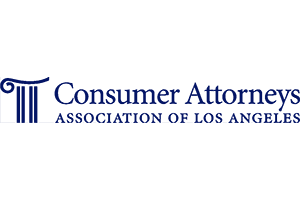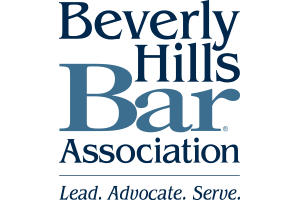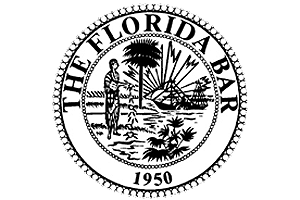In Southern and Northern California
Physical Abuse
Los Angeles Lawyers Asserting the Rights of Nursing Home Residents
Family members count on nursing homes to take good care of their elderly loved ones, but unfortunately these facilities are often understaffed. When patients are dependent on a caregiver, it is possible that physical abuse will be used to control the patient. Some common signs of physical abuse include agitation, head injuries, unexplained fractures or bruises, dehydration, malnutrition, changes in weight, pressure sores, and unsanitary conditions. If you or your loved one has been subject to physical abuse in an assisted living facility, the knowledgeable Los Angeles nursing home abuse attorneys at Sharifi Firm may be able to help you pursue damages.
Take Legal Action against an Abusive Caregiver or Facility
In California, a patient who has been abused while in a nursing home, or his or her family member, can sue under the Elder and Dependent Adult Civil Protection Act (EADACPA). Abuse under the EADACPA can include physical abuse, as well as fiduciary abuse, isolation, neglect, abandonment, and deprivation by a care custodian of any services or goods that are necessary to avoid physical harm or mental suffering.
In order to receive the remedies available under EADACPA for physical abuse, you would need to prove the physical abuse (or other abuse) by clear and convincing evidence and show that the defendant acted with recklessness, oppression, fraud, or malice in committing the abuse.
Under the statute, an elder is a California resident who is age 65 or older. A dependent adult is an individual between 18 and 64 who has a limitation that prevents him or her from carrying out normal activities or protecting him or herself. It also includes someone between 16 and 64 who is admitted to be an in-patient in a 24-hour care facility.
There are many different kinds of actions that count as physical abuse, including assault and battery, sexual assault, unreasonable physical restraints, prolonged deprivation of food or water, or the use of physical restraints, chemical restraints, or psychotropic medication for a period or purpose beyond that for which the medication was authorized. Assault can include kicking, pushing, pinching, beating, or slapping.
For physical abuse, a plaintiff may be able to recover any damages for medical expenses incurred, pain and suffering, and future medical expenses or lost wages. It may be necessary for an attorney to retain physicians or other health care providers to testify about reasonable medical expenses. While there is a cap on general damages in medical negligence cases, when the physical abuse was willful neglect from a health care provider, the plaintiff may be entitled to more than the cap of $250,000.
In some tragic cases, elderly people die because of physical abuse. In an elder abuse case in which a victim incurs pain and suffering before dying, the heirs or survivors may be awarded damages for that pain and suffering.
If you are also able to prove by clear and convincing evidence that the physical abuse was committed with malice, fraud, or oppression, you may be able to recover punitive damages, which are awarded to both punish a wrongdoer and deter future misconduct. The amount of punitive damages can vary significantly, depending on whether the defendant is an individual or a large corporation, and the egregiousness of the physical abuse.
Explore Your Options with a Knowledgeable Injury Attorney in Los Angeles
If you suspect that a loved one has been physically abused as a patient in a Los Angeles nursing home, you should consult an experienced injury lawyer at Sharifi Firm. Our firm also represents victims of abuse and negligence in other Southern California cities, including Rancho Cucamonga, Riverside, San Bernardino, and Temecula. Contact us at (866) 422-7222 or via our online form for a free, no-obligation consultation.







